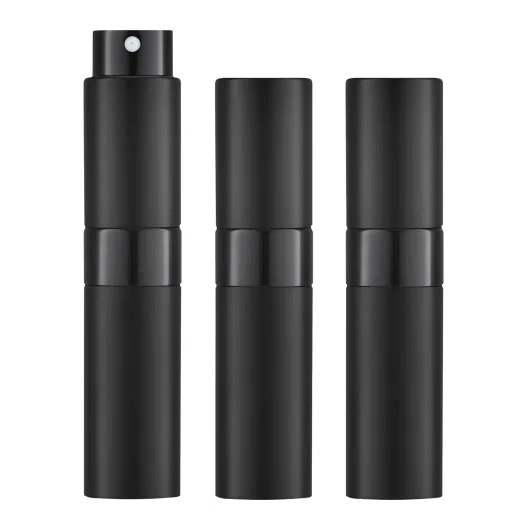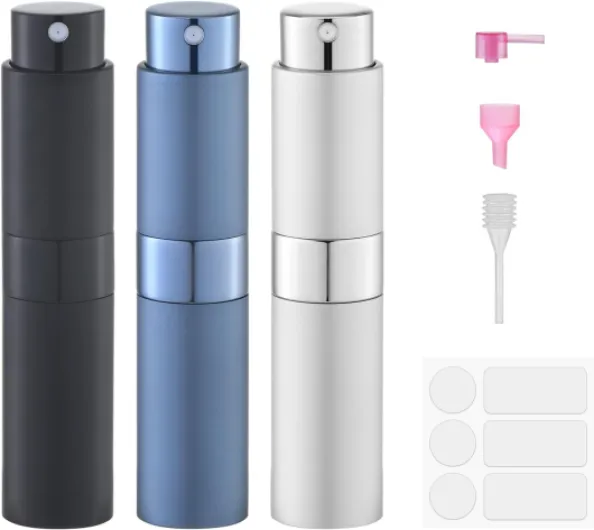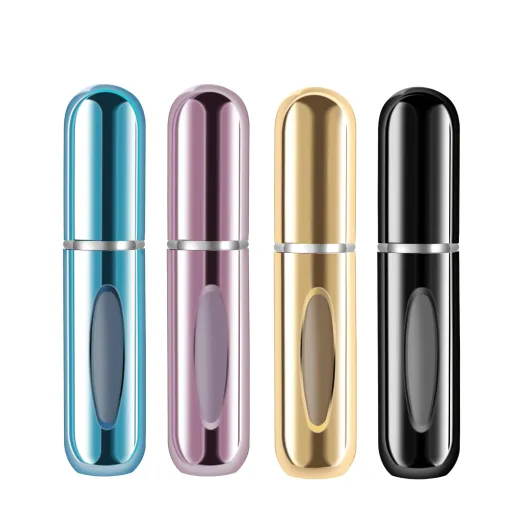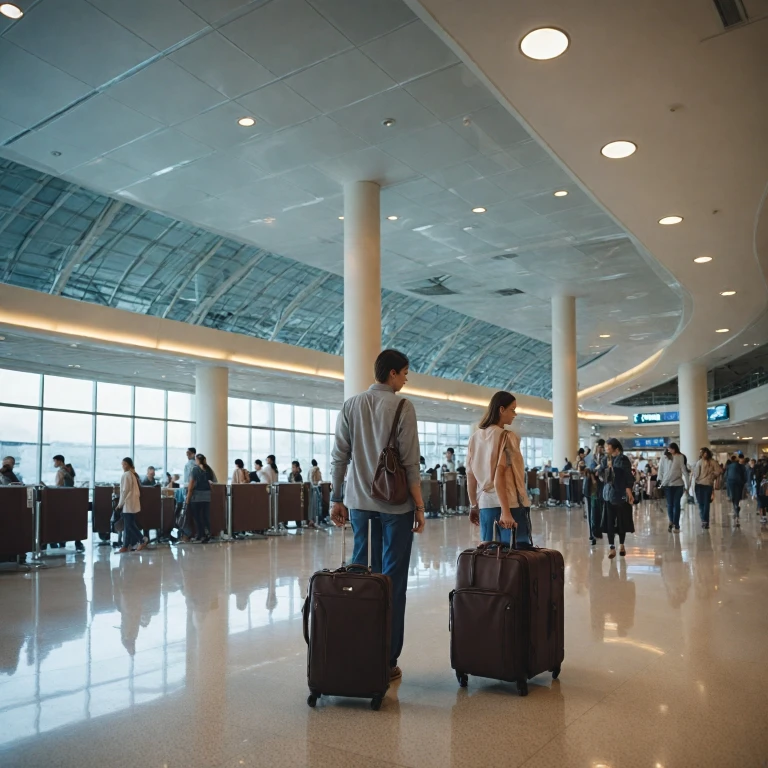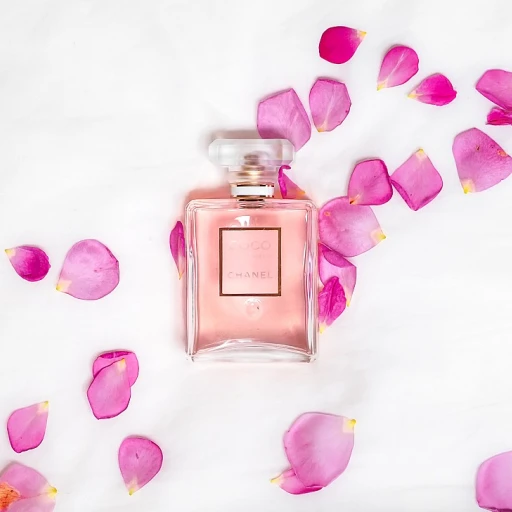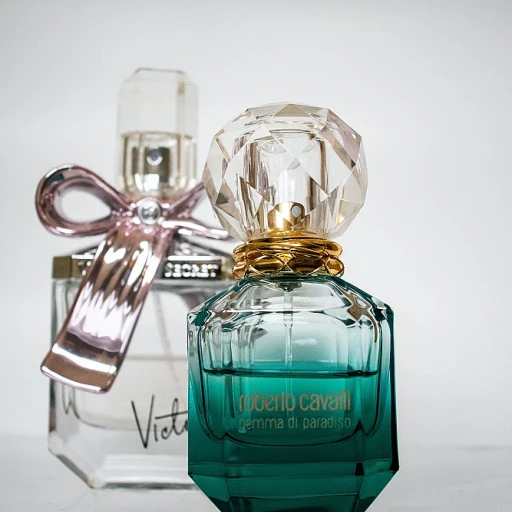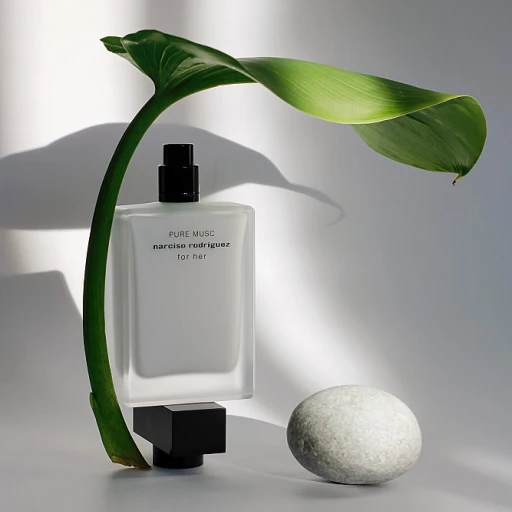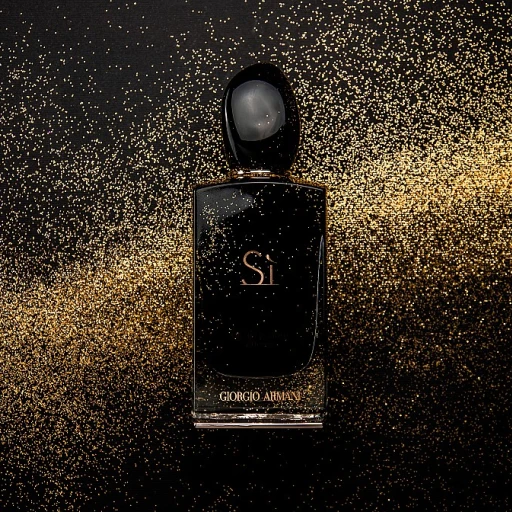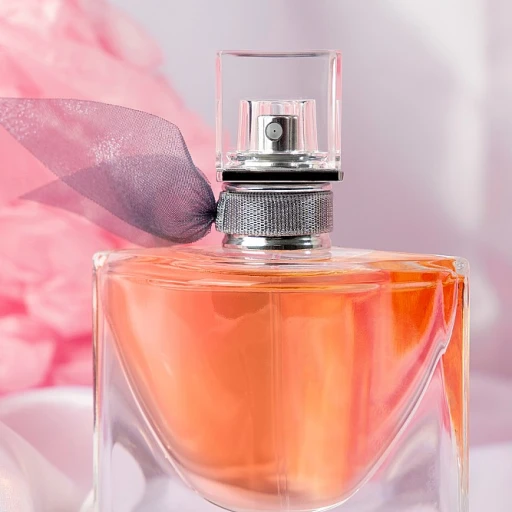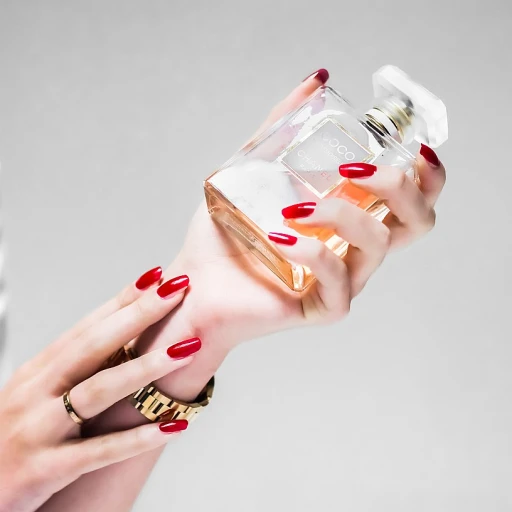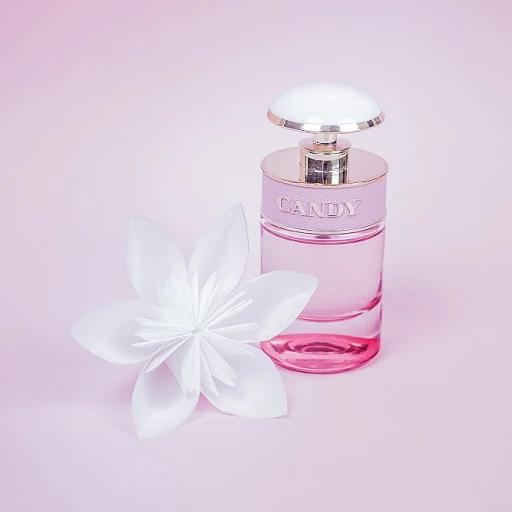
Understanding Airline Regulations for Perfume
Decoding the Regulations and Rules
Navigating air travel with your favorite fragrances can seem daunting due to various security guidelines and regulations in place. Understanding these rules is paramount to ensure a seamless flying experience while carrying your cherished scent. When it comes to perfume and air travel, it's crucial to familiarize yourself with the Transportation Security Administration (TSA) regulations. The TSA has specific rules for carrying liquids in your hand luggage. Perfume bottles should be part of your quart-sized clear plastic bag, abiding by the TSA's 3-1-1 rule. This means liquids must be contained in bottles of 3.4 ounces (100 milliliters) or less per item, all packed into one quart-sized bag. This security measure ensures that your carry-on items pass through screening without hassle. For travelers carrying perfume in checked luggage, there are fewer restrictions compared to hand luggage. However, ensure that your perfume bottles are securely packed to prevent leakage or damage during transit. Often, the price of fragrances purchased at duty-free outlets inside the airport can factor into your decision of whether to pack or purchase your perfumes during travel. Consulting sources like the blog exploring the longevity of a 90 ml cologne bottle can provide additional insights into how much fragrance you might want to consider bringing on your trip. As you plan your journey, always check the latest TSA regulations and the specific airline's rules to avoid unexpected surprises at security checks, ensuring your beloved fragrances travel as comfortably as you do.Packing Perfume for Air Travel
Packing Your Scent: A Traveler's Guide
When you're gearing up for a journey by plane, effectively packing your perfumes is paramount. Start by considering TSA regulations, which require all liquids, including fragrances, to be in containers of 3.4 ounces (100 milliliters) or less, packed within a quart-sized clear plastic bag. This rule restricts how many perfume bottles you can bring in your carry luggage. Opt for travel-sized bottles or decanters to comply with this rule and ensure a hassle-free security check. For checked luggage, you have greater leeway. However, you still need to secure the bottles adequately to prevent leakage or breakage. Wrap each bottle individually and consider placing them in a plastic bag for added protection against spillage — this is particularly essential for frequent flyers. Duty-free shopping can be a convenient way to purchase perfumes, often at a reduced sale price. These purchases are not subjected to the liquid limitations of carry luggage as long as they remain sealed and packed in the official duty-free bag. However, ensure you have enough room in your carry luggage post-purchase. To learn more about specific sizes of bottles like a 1.7 oz perfume, which is ideal for air travel, check out this guide on understanding the size of a 17 oz perfume bottle.Choosing Travel-Friendly Perfume Options
Uncovering Compact Fragrance Alternatives for Travel Ease
When preparing for air travel with perfumes, it's wise to choose options that fit within the confines of air travel regulations while still allowing you to enjoy your favorite scents. One of the main considerations is to limit the amount of liquid carried in your hand luggage. It's crucial to adhere to TSA rules, which permit passengers to carry liquids in bottles that are 3.4 ounces (100 milliliters) or less, packed in a quart-sized clear plastic bag. To navigate these limitations, consider these practical solutions:- Travel-sized perfume sprays: These mini sprays are perfect for carry luggage, allowing you to bring multiple fragrances without exceeding the size limits.
- Solid perfumes: Offering a spill-proof option, solid perfumes are free from liquid restrictions and provide a subtle scent application, perfect for those who seek discretion in confined spaces such as an airplane cabin.
- Perfume samples: Most fragrance enthusiasts have collections of sample vials collected over time. These tiny bottles are ideal for quick trips, taking up minimal space in your luggage while offering a variety of options.
Cultural Considerations When Traveling with Fragrance
Embracing Fragrance Traditions Across Borders
Traveling with your favorite perfumes can be a delightful experience, but it’s essential to consider cultural nuances when bringing your signature scent across borders. Different cultures have varying attitudes towards fragrances, and understanding these can enhance your travel experience.
In some regions, strong perfumes might be seen as overwhelming or inappropriate, especially in confined spaces like planes or public transport. It’s wise to opt for subtle, travel-sized bottles that comply with tsa regulations and can easily fit into your quart sized plastic bag. This not only ensures you adhere to tsa rules but also respects the olfactory preferences of those around you.
When packing perfume, consider the local customs of your destination. In some cultures, wearing fragrance is an integral part of daily life, while in others, it might be reserved for special occasions. Researching these customs can help you decide which perfume bottles to bring and how to use them appropriately.
Additionally, be mindful of the climate. Warmer climates can amplify scents, so a lighter fragrance might be more suitable. Conversely, in colder regions, a richer scent might be appreciated. This consideration not only enhances your personal experience but also shows respect for the cultural context you are entering.
Remember, while your favorite fragrance is a personal expression, it’s also a part of the shared environment when you travel. By being considerate of cultural differences and adhering to security and tsa guidelines, you can enjoy your perfumes without any hitches.
Perfume Storage Tips for Frequent Flyers
Smart Storage Techniques for the Modern Traveler
When it comes to air travel, ensuring your favorite perfumes are stored correctly can prevent mishaps and keep your scents fresh throughout your journey. Here's a guide to storing perfumes effectively as part of your travels. To minimize potential issues with security, always be aware of TSA regulations concerning liquids. The general rule is to pack your perfumes in containers that fit within a quart sized plastic bag and do not exceed the limitations, such as the 3.4 ounces or 100 milliliters rule. This will ensure your perfumes are safe in your carry luggage. Consider packing your perfume in your checked luggage if you're carrying larger bottles. However, wrapping them well can prevent any breakage. Fragrances stored in checked bags should be placed centrally within soft fabrics like clothes to provide a cushion through the handling process. For those traveling frequently, or on long-haul flights, travel-sized bottles can be a lifesaver. They conform to air travel size limits and ensure your favorite scent is always at hand without taking up much space. Invest in quality travel atomizers or refillable perfume dispensers designed explicitly for trips, offering an effective way to bring perfume along without the bulk or risk associated with full bottles. Finally, remember the sale price of duty-free perfumes can be tempting, especially when considering gifting or refilling your aroma collection after a safe journey, but they require careful consideration of ruling limits to avoid complications at customs. By following these storage techniques, you can enjoy your fragrances on the go without hassle, ensuring they remain a cherished part of your travel essentials.Scent Etiquette in Confined Spaces
Mindful Scent Practices During Air Travel
When embarking on air travel, particularly on a lengthy flight, it's essential to maintain a considerate approach to wearing perfumes. Respecting the confined space and close proximity of fellow passengers can make your journey more pleasant for everyone involved. Most airlines allow you to carry perfume in your hand luggage, provided it follows the TSA regulations for liquids, which includes being packed in a quart-sized clear plastic bag. However, the actual use of perfumes in-flight should be approached with caution.- Moderate Application: Before boarding, consider using only a minimal amount of fragrance. This ensures that the scent is not overwhelming in the limited and often recycled air environment of a plane.
- Select Subtle Scents: Opt for lighter, less intrusive perfume options while flying. Travel-friendly options might include eau de cologne or lightly scented body sprays.
- Reapplication Considerations: If you feel the need to reapply perfume during the flight, it's courteous to do so in the bathroom or at a discreet distance from other passengers.

